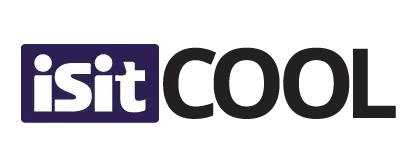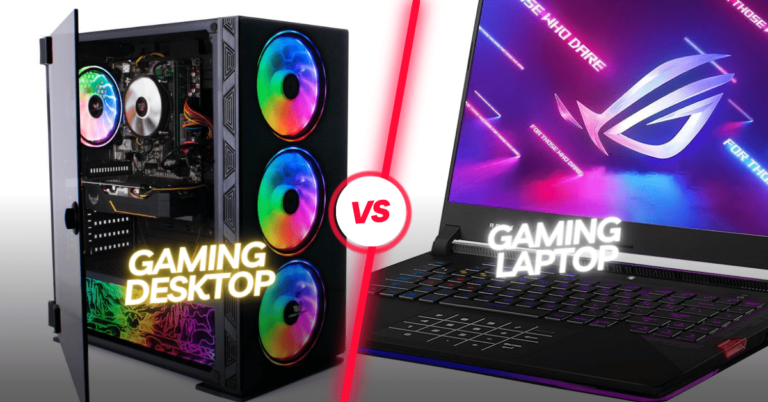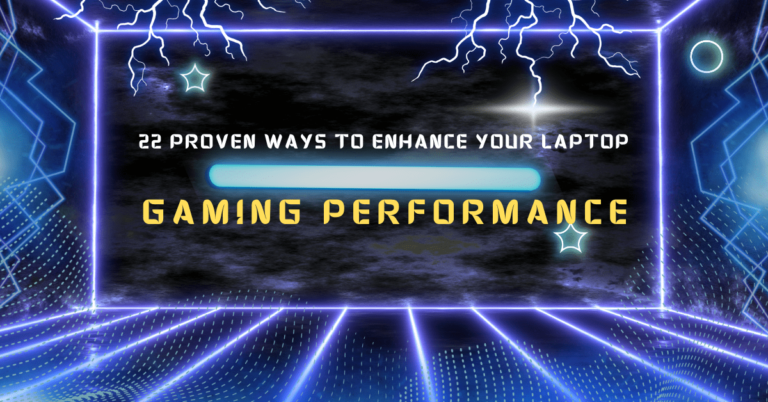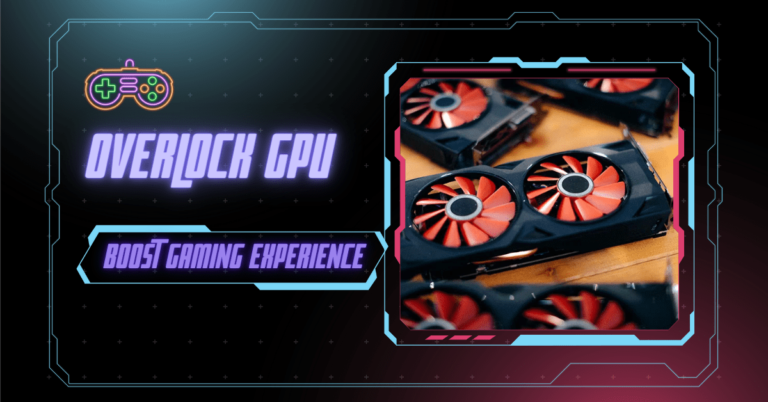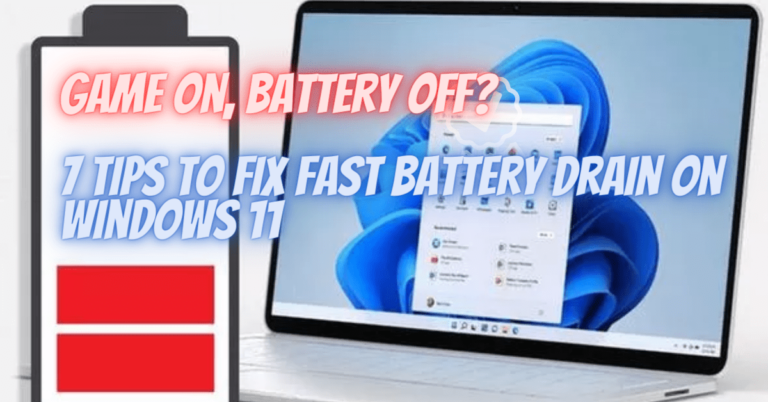7 Best Laptops For Biology Majors Buying Guide For 2023
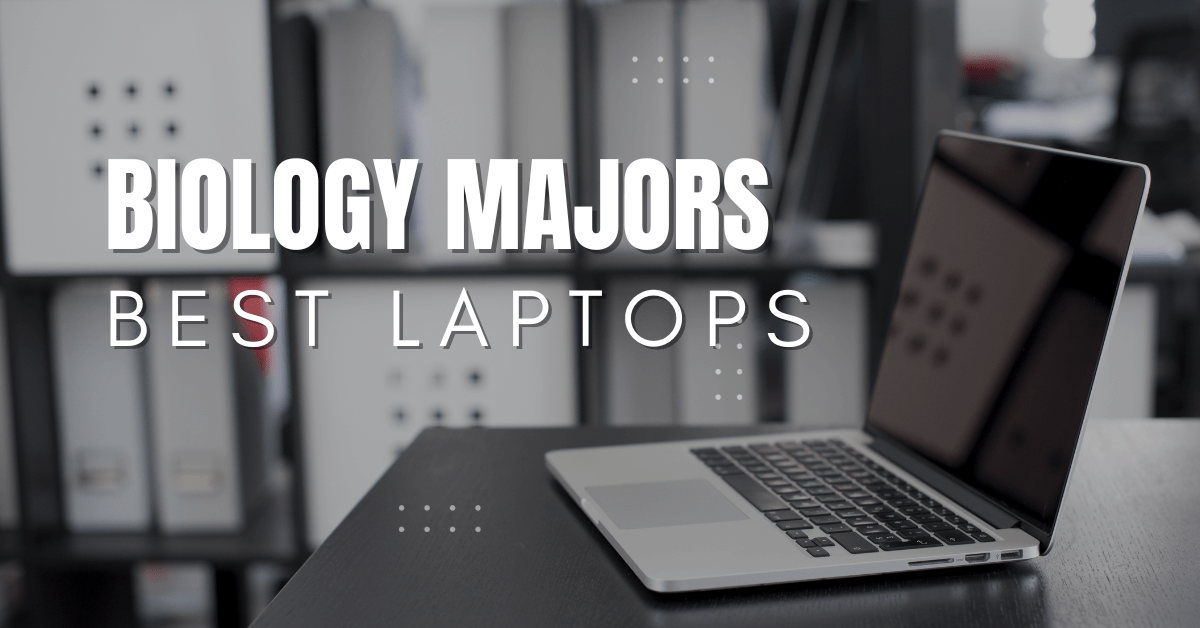
As a biology major, having a laptop that can handle complex tasks like data analysis, running simulations, and creating presentations is crucial for success. With so many available options, choosing the best laptop for your needs can take time.
This guide will provide a comprehensive overview of the top seven best laptops for biology majors in 2023.
How to Choose a Laptop for Biology Majors?
Choosing the best laptop for biology majors can be overwhelming. Here are some factors that will help you make an informed decision.
- First, you want a laptop with a processor that can handle complex software. A quad-core processor like the Intel Core i5 or i7 is ideal for running software used in biology courses.
- Second, you want a laptop with plenty of RAM to ensure smooth multitasking. For optimal performance, it’s recommended to have at least 8GB of RAM. But if you want to elevate your experience, 16GB is the way to go.
- Third, you want a laptop with a high-quality display that offers excellent resolution. A Full HD display with a 1920 x 1080 or higher resolution will allow you to see your work.
- Finally, ensure the laptop has a long battery life so you can work for extended periods without charging it frequently. A minimum battery life of 8 hours is recommended.
7 Best Laptops for Biology Majors
As a biology student, you’ll have to deal with lots and lots of data. Only some casual laptops can deal with rendering complex protein structures or high-throughput bioinformatics. That’s why having a suitable device for performing multiple intensive activities is extremely important.
Best Mid-Range: Dell XPS 13
This laptop is powered by an Intel Core i5-1230U processor with 8GB of RAM. It also features a Full HD display that lasts up to 12 hours on a single charge. In addition, it has a lightweight design and a sleek profile, making it easy to carry around during long study sessions.
The Dell XPS 13 features a 13.4″ screen with anti-glare technology embedded in it. You can select between Quiet, Ultra-performance, cool, and optimised modes for fulfilling your needs. Weighing only 2.9 pounds, take your XPS 13 wherever you go without facing any extra hassle!
Regarding extra features, the Dell XPS 13 comes with a backlit keyboard and a memory card slot. Being a medical student means burning the midnight oil, which is precisely what the XPS 13 is designed for. Easily take your data with the external SD card attached to your laptop.
Lastly, the device is available for less than £1000 at Amazon UK, which is nothing compared to other high-end devices in the industry.
Specifications
- Screen size: 13.4 Inches
- Hard disk size: 256 GB
- CPU model: Core i5
- RAM installed size: 8 GB
- Operating system: Windows 11 Home
- Special features: Backlit Keyboard, Anti Glare Coating, Memory Card Slot
- Graphics card description: RTX 3060
Best Processing Power: ASUS ZenBook 14 (UX425EA-BM402T)
The ZenBook 14 is one of the first laptop series featuring Tiger Lake processors. Even though there are i3 and i7 variants also available in this laptop, the i5 processors make the best laptops for science majors. It is because they are both energy-efficient and affordable.
The screen size of 14 inches is ideal for viewing lecture slides and pictures. Even if you are working on PyMol or other biological computing software, you will not face any major issues with the ZenBook 14.
ASUS has integrated its signature echo hinge design into this laptop too. The keyboard gets slightly angled when the laptop lid is opened, enabling an optimal typing experience. Heat dissipation is also much more efficient in this design.
All in all, the ZenBook 14 is the best laptop for biomedical science students. Unlike other high-end laptops, you don’t have to spend a fortune to get a reliable device in your hands. There is no dedicated graphics card, but the Intel Iris Xe also does an excellent job.
Specifications
- Screen size: 14 Inches
- CPU model: Core i5
- RAM installed size: 16 GB
- Operating system: Windows 10 Home
- Special feature: Backlit Keyboard
- Graphics card description: Integrated
- Graphics co-processor: Intel Iris Xe Graphics
Best 2-in-1: Microsoft Surface Pro 8 (EED-00003)
The Surface Pro 8 is another amazing find for biology students. If you need something high-end with the latest processors and ample storage, the Pro 8 is your ideal match.
The EED-00003 comes with Intel Core i7 processors and 1 TB of external storage, but you can also opt for i5 and lesser storage, depending on your budget and needs.
The 13-inch touchscreen boasts FHD resolution. Use the Pro 8 as a laptop, tablet, or digital canvas—the choice is yours! The Microsoft Signature Kickstand makes working for extended hours even easier.
Rest assured, the Pro 8 is extremely reliable and can give you a good run for your money. The price tag on this device is a bit hefty, but you can always get a refurbished PC to save some extra pounds.
Specifications
- Memory storage capacity:16 GB
- Screen size: 13 Inches
- RAM installed size: 16 GB
- Hardware interface: Bluetooth, Thunderbolt
- Wireless communication technology: Wi-Fi
- Other camera features: Rear, Front
Cheapest Laptop: ASUS VivoBook X1500EA
The VivoBook X1500EA is the best laptop for biomedical science students on a budget. With an Intel Core i5 processor, 8GB RAM, and a 512GB SSD- this device can handle anything you throw at it.
It features a Full HD display, and once completely charged, you can easily use your laptop for 7-8 hours without frequent charging. It also has a slim design, making it easy to take. The Intel Irix Xe lets you enjoy extra-realistic visuals and fascinating display quality.
For an even more seamless experience, you can upgrade your storage up to 1TB. The “Screen Mirror” technology lets you shift your work from your compact laptop screen to a huge PC screen. On the other hand, the “Screen Extend” enables you to use your tablet as a secondary display. Hence, from a versatility point of view, you are all set with the VivoBook X1500EA.
Specifications
- Screen size:15.6 Inches
- CPU model: Core i5
- RAM installed size: 8 GB
- Operating system: Windows 11 Home
- Special feature: Anti-Glare Screen
- Graphics card description: Integrated
- Graphics co-processor: Intel Iris Xe Graphics
Best Value: Dell Latitude (E7270)
The Dell Latitude is highly renowned for its elegant design and exceptional performance. The E7270 is no exception! The laptop boasts an Intel Core i5-6300U processor and has 8GB of RAM (upgradable to 32GB). You can quickly save, edit, and retrieve files without system slowdowns or interruptions!
One of the most impressive features of this laptop is its super-comfortable keyboard. You can type for hours without feeling any significant hand strain. Plus, there is no annoying key-clicking noise, making working and studying easier.
The resolution of 1366 x 768 pixels is not out of this world. Still, it’s more than capable of effectively displaying spreadsheets or streaming your favourite videos. This device will be adequate unless you specialize in design, photo/video editing, or content creation.
On the negative side, the laptop is slightly heavier than its counterparts. Weighing around 5 kg, the Dell Latitude may not be the ideal match for biology students who don’t want to work while sitting in their living room at all times.
Specifications
- Screen size: 12.5 Inches
- Hard disk size: 256 GB
- CPU model: Core i5
- RAM installed size: 8 GB
- Operating system: Windows 10 Pro
- Special feature: Webcam
- Graphics card description: Intel HD Graphics 520
- Graphics co-processor: Intel HD Graphics 520
Cheap and upgradeable: Lenovo IdeaPad 3
How can we list the best laptop for biology majors without mentioning Lenovo? One of the top brands for both work and study, Lenovo has made its mark as the top choice for offering low-cost and high-performance laptops.
Regarding processing power, the IdeaPad 3 features an Intel Core i3-1005G1 processor with 4GB of RAM. The screen size is 14 inches, big enough to work without getting your eyes strained and small enough to be easily moved wherever you want.
Luckily, both the memory and storage of the IdeaPad 3 can be easily upgraded. Simply power off the laptop, remove the battery, touch a grounded metal to eliminate the static, open the screws, and carefully insert the new parts without interfering with anything unnecessarily.
The 180-degree flip is the highlight of this laptop. You can easily adjust the screen as per your workflow. In addition, the sturdy build makes it resistant to accidental bumps, slips, or falls.
Specifications
Screen size: 14 Inch
RAM installed size: 4 GB
Operating system: Windows 10 S
Special features: Webcam, Light Weight, Thin
Graphics card description: Integrated
Hard disk description: SSD
Resolution: 1920 x 1080
Work all day: HP EliteBook 850 (7KK11UT)
This laptop has 16GB RAM and is equipped with an Intel Core i5-6200U processor. It features a Full HD display that lasts up to 9 hours on a single charge. The Elitebook 850 Gen 6 also has a sturdy build and a comfortable keyboard, making it the best laptop for biotechnology students who spend long hours typing.
The 15-inch screen has an anti-glare IPS display that protects your eye health during long viewing hours. With LED backlighting and a 16:9 aspect ratio, you can get the most out of your study sessions. To make your experience more enjoyable, you can easily connect a mouse or keyboard using the latest Bluetooth 5 technology. For increased comfort, connect external accessories like a mouse or keyboard using Bluetooth 5 technology.
Having a long-lasting battery is one thing, but the time your charger takes to recharge your device is another important factor. The HP EliteBook 850 doesn’t disappoint in either department. The 65-W charger recharges your device up to 50% within 30 minutes.
Specifications
- Screen size: 15.6 Inches
- Hard disk size: 1 TB
- CPU model: Core i5
- RAM installed size: 16 GB
- Operating system: Windows 11 Pro
- Special features: Fingerprint Reader, Smart Card, Intel vPro, Backlit Keyboard, Anti Glare Coating
- Graphics card description: Integrated
- Graphics co-processor: 856U
Buying Guide
Selecting a laptop for your college is one of the most important decisions you’ll make in your student life. No one wants to change their laptop every other month. That’s because you probably have all the data, settings, and other things on a device, and it’s no less than a hassle to transfer all that to another device.
To make this easier, here is a comprehensive buying guide to choosing the best laptop for biology majors.
Processing Power
The processor is the first thing you check before purchasing a laptop or computer. Without an efficient processor, all you’ll get from your device is sluggish performance or constant system slowdowns, which is a buzz killer for everyone.
For students of bioinformatics or data analytics, getting a processor capable of fulfilling their endeavours is essential. Ideally, getting an Intel Core i3 or i5 processor would be best. The higher you go, the better your laptop’s performance will be.
There are some high-end processors available on the market, too. Suppose you use intensive applications like MATLAB or CATIA. In that case, it makes sense to spend money on getting an Intel Core i7 or better processor. Otherwise, saving some money and going with another option would be better.
If you are eyeing a MacBook, the best laptop for biotechnology students will have an M1 or M2 chipset embedded in it. The MacBook Pro (2020) and MacBook Air (2021) are great alternatives.
RAM Size
RAM determines the read and write speeds of your laptop. We all open multiple apps simultaneously or scroll with dozens of tabs open side by side. All this is only possible if you have generously sized RAM within your laptop.
Getting a minimum of 4GB of RAM is recommended, but 8GB is even better. Suppose you want to spend less money upfront. In that case, getting a lower RAM capacity initially and upgrading it over time is also an excellent option.
However, to do so, getting a laptop that can be upgraded is essential. Some laptops or PCs have their memory attached to the surface. In that case, check the specs and features carefully before buying the laptop.
Budget
Being a student, I can surely tell how important budgeting is for anyone struggling between work and study. When you browse the internet, the best laptop for bioinformatics students always comes with hefty price tags that are not affordable.
That’s why I have listed laptops in all price ranges in this article. If you are low on cash, getting the Lenovo IdeaPad 3, Dell Latitude (E7270), and ASUS VivoBook X1500EA are the ideal options for you in 2023. If you need a best-performing, worth-its-salt laptop, the Dell XPS 13 is your best match.
It is also common for users of all kinds to go overboard on specs and spend on attributes they don’t need in their devices. For instance, you don’t need a dedicated graphics card to perform most biology-related tasks. A laptop with Intel UHD or Intel Iris Xe is equally competent.
So, always evaluate your requirements critically before spending your hard-earned money on anything!
FAQs
Q: What are the best laptops for biology majors?
The Dell XPS 13, ASUS ZenBook 14, Microsoft Surface Pro 8, ASUS VivoBook X1500EA, Dell Latitude E7270, Lenovo IdeaPad 3, and HP EliteBook 850 are the best laptops for science majors. All of these laptops come with the necessary specifications and features to make studying easier for you!
Q: How do I choose a Laptop for Biology Majors?
A: When choosing a laptop for biology majors, you should look for a powerful processor, plenty of RAM, a high-quality display, and a long battery life. These features will ensure your laptop can handle complex software and run smoothly.
Final Remarks
Choosing the best laptop for biology majors requires careful consideration of the features that matter most. By using this guide to identify the top seven best laptops for biology majors and what to look for when choosing a laptop, you can make an informed decision and find a laptop that will help you succeed in your studies.
